Here’s the thing; running a successful Airbnb in London isn’t about following a template. And yes, we understand the irony in that statement before we offer something of a template.
While most hosts focus on thread counts and smart TVs, the properties that consistently book well nail something more fundamental: they give guests precise insights into their slice of the city.
The capital’s rental market demands this deeper knowledge. From the creative pulse of Shoreditch to the village feel of Richmond, each area attracts distinct guests with specific expectations. Meeting these expectations – and then exceeding them with insider knowledge – is what turns casual bookings into consistent income. Here’s how to make yours count.
Location, Location, Location…
First, understand your area’s unique appeal, and lean into it…
East London’s Creative Quarter
In Shoreditch and Hackney, your typical guests are creative professionals and tech workers who value authenticity over luxury. Here, converting that Victorian warehouse space or period conversion requires thoughtful touches. Forget generic Ikea prints – connect with local artists to showcase their work on your walls. That breakfast bar isn’t just for morning coffee; it’s a workstation for digital nomads, so ensure it has multiple power points and consider providing a monitor.
The area’s famous street art means your local guide needs constant updating. Rather than just pointing guests to Brick Lane, create a curated walking tour of lesser-known spots like the ever-changing walls of Hoxton Square or the quiet back alleys of Redchurch Street. Partner with local coffee roasters like Allpress or Ozone to provide fresh beans – it’s these neighbourhood touches that earn five-star reviews.
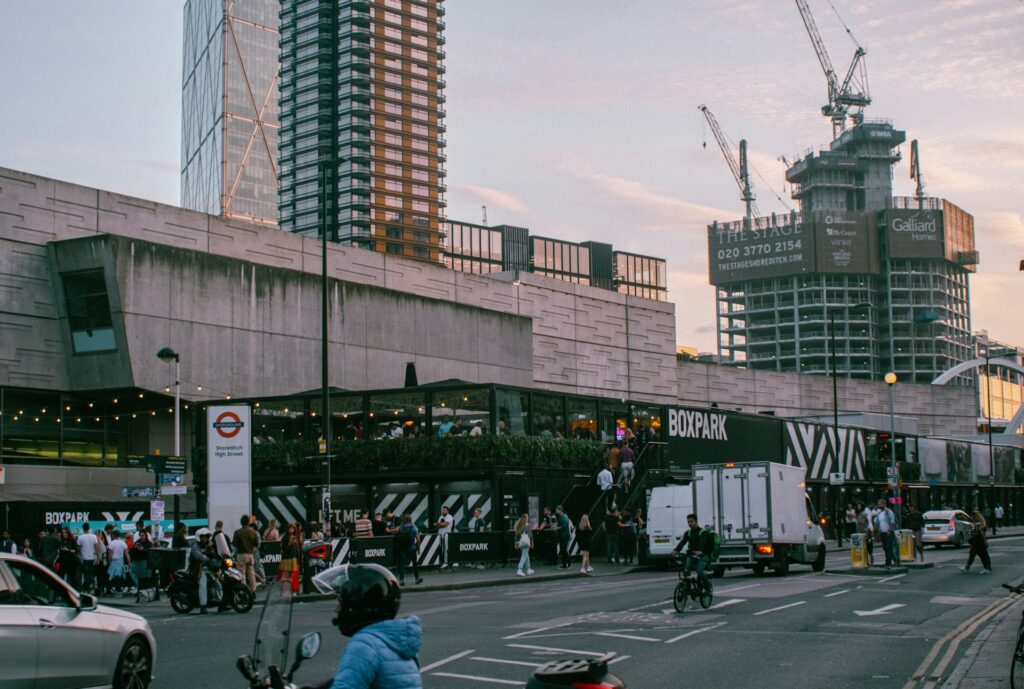



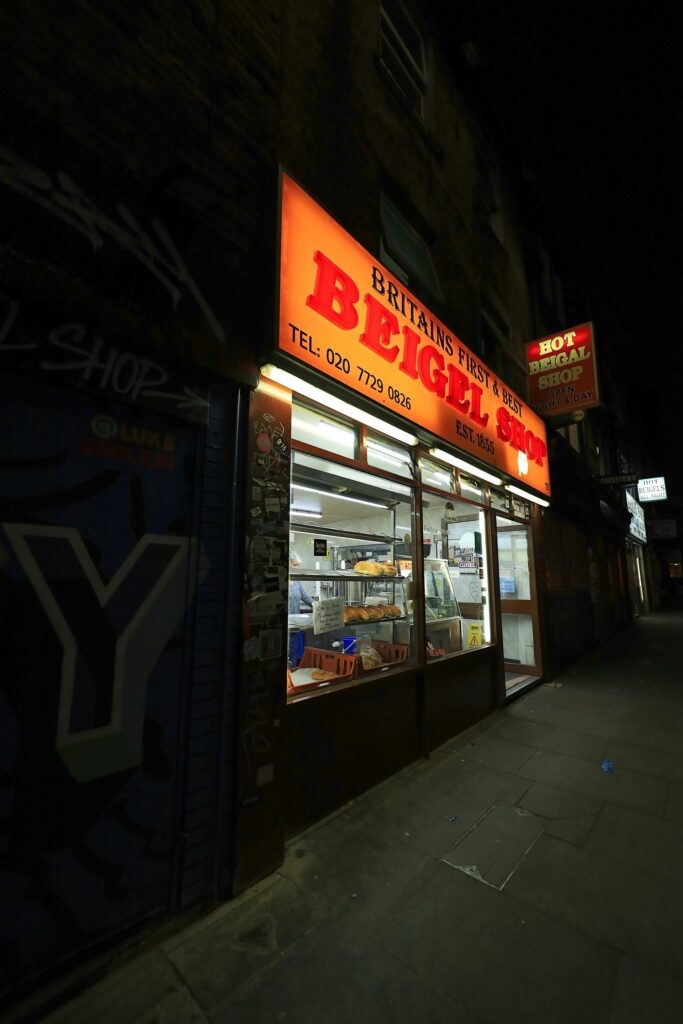
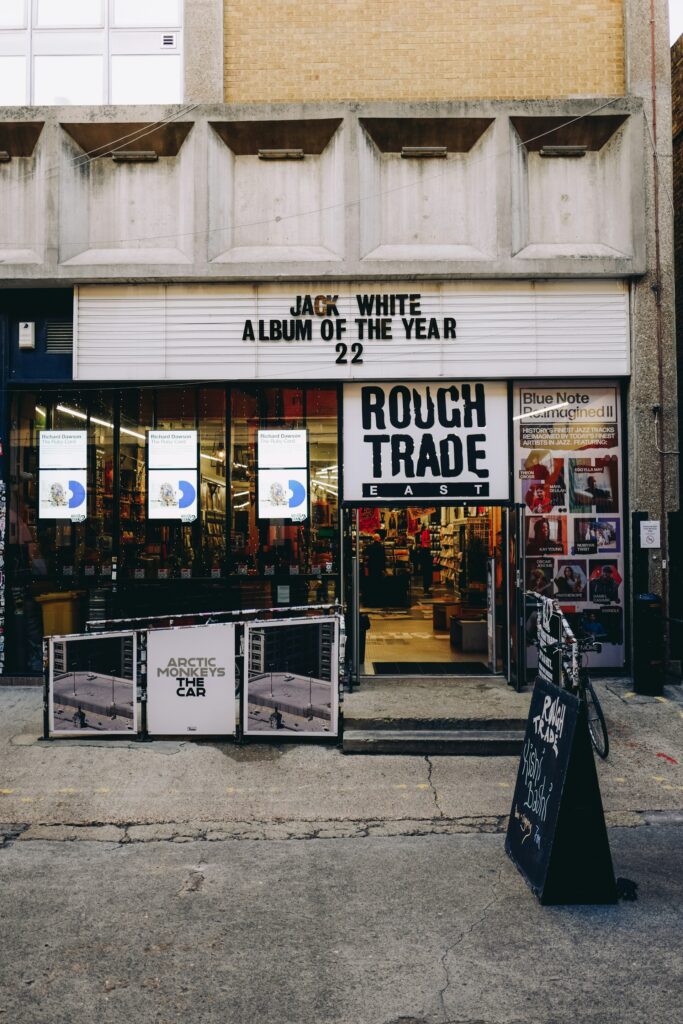
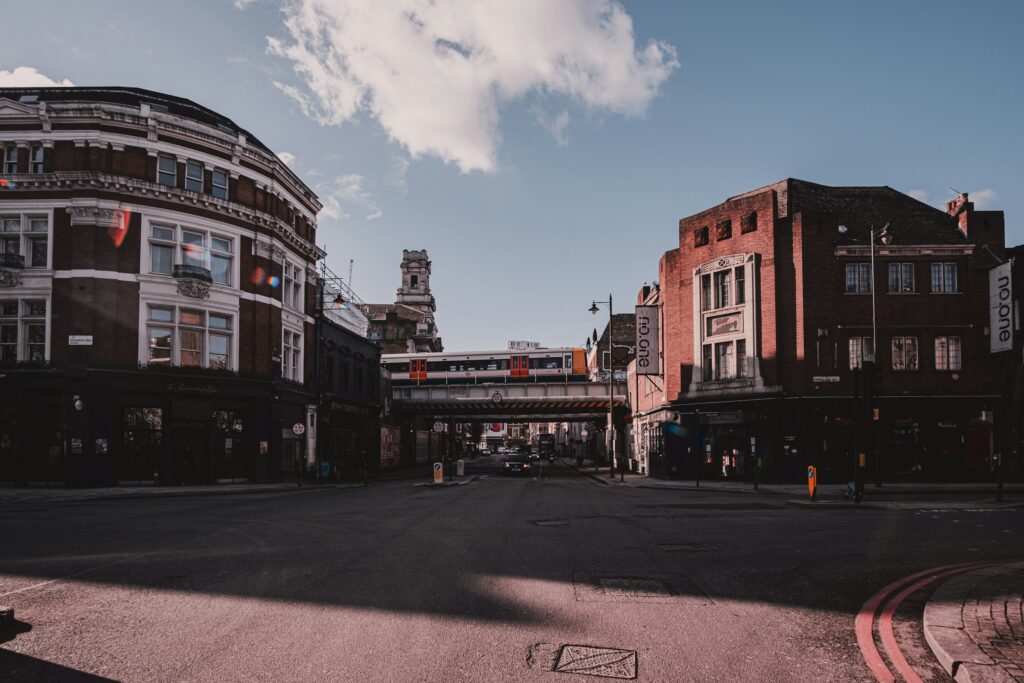
South London’s Village Life
Greenwich and Dulwich attract a different crowd altogether. Here, families and history enthusiasts seek that elusive London village atmosphere. Your property should embrace this with a proper garden guide – not just the obvious Greenwich Park, but hidden gems like the Dulwich Picture Gallery grounds or the secret Thames Path routes that tourists rarely discover.
In these areas, kitchens matter. Guests often stay longer and cook more, inspired by local markets. Provide proper market baskets and a detailed trader guide for Greenwich Market or North Cross Road. Include tide times for riverside properties – it transforms a simple Thames view into an ever-changing showcase of London’s maritime heart.
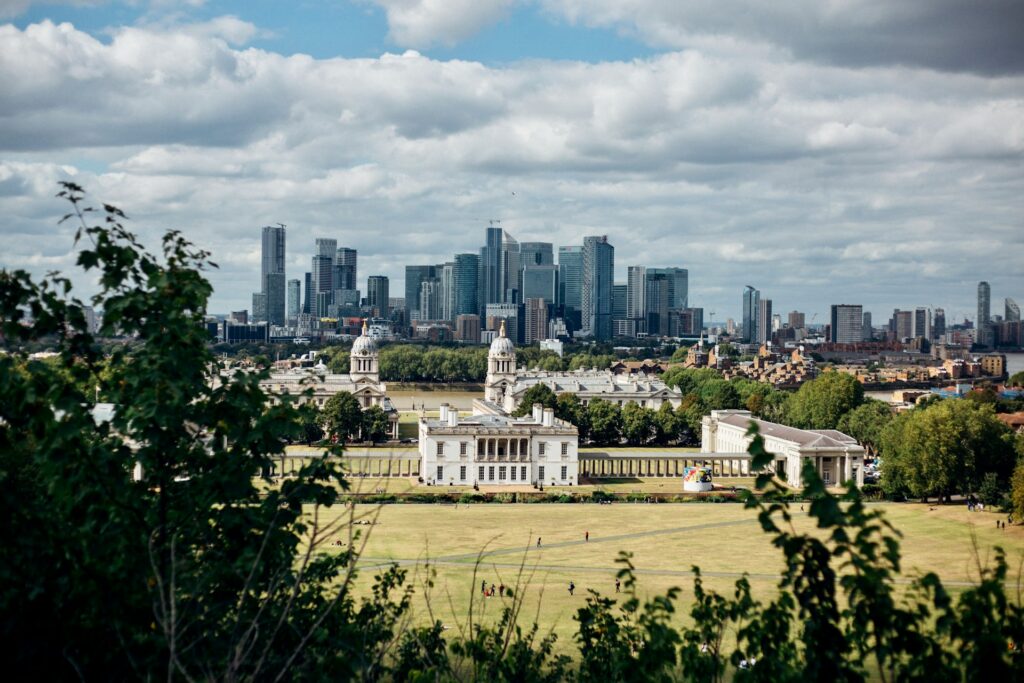
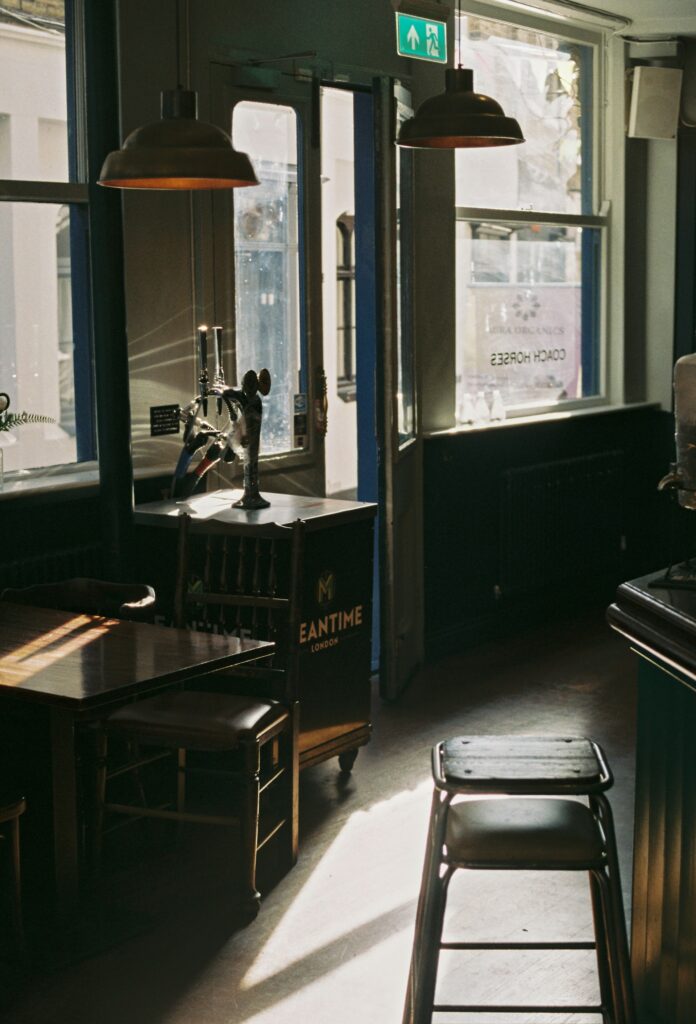
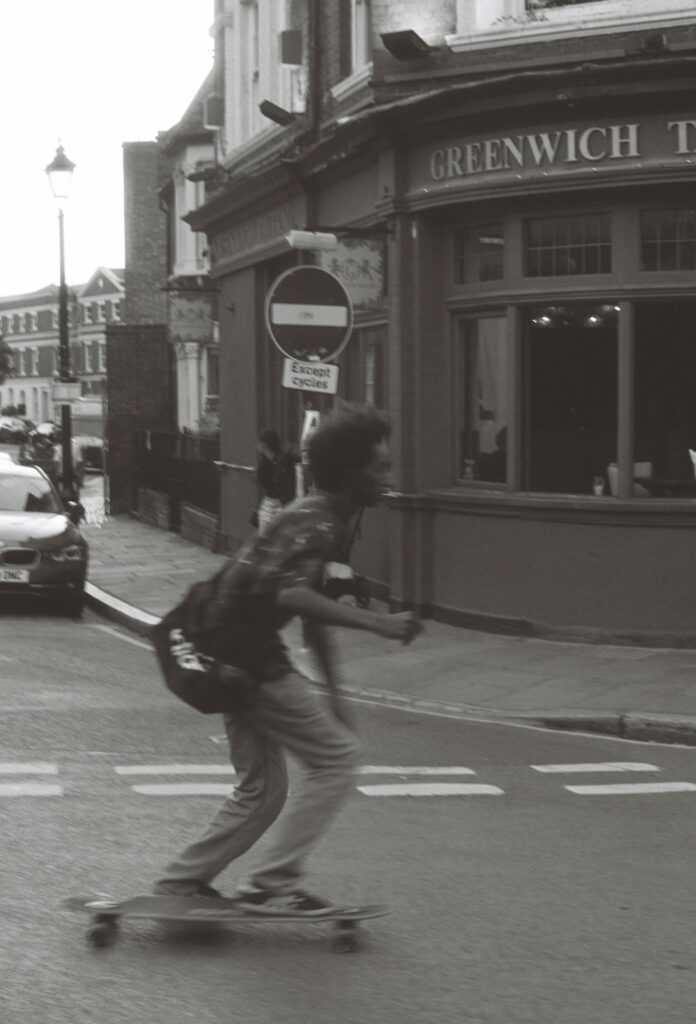
West London’s Premium Touch
In areas like Notting Hill and Holland Park, luxury isn’t about gold taps – it’s about insider knowledge. Your guests are likely living out their Richard Curtis film fantasies, so help them discover the real neighbourhood beneath the tourist trail. Map out the quietest streets for those Instagram-worthy pastel house photos, and time their Portobello Road visits to avoid the crowds.
Create relationships with local businesses – the family-run deli that will deliver breakfast, the hidden mews cafe that makes London’s best flat white. During Carnival weekend, either market your place at a premium with a detailed survival guide, or close altogether – there’s no middle ground.
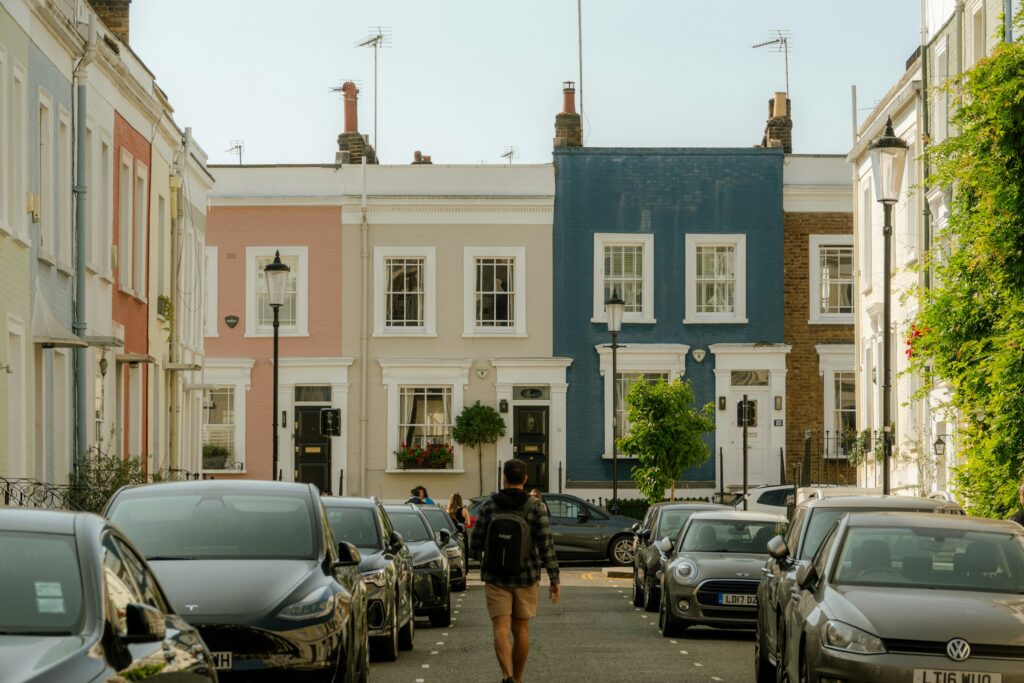
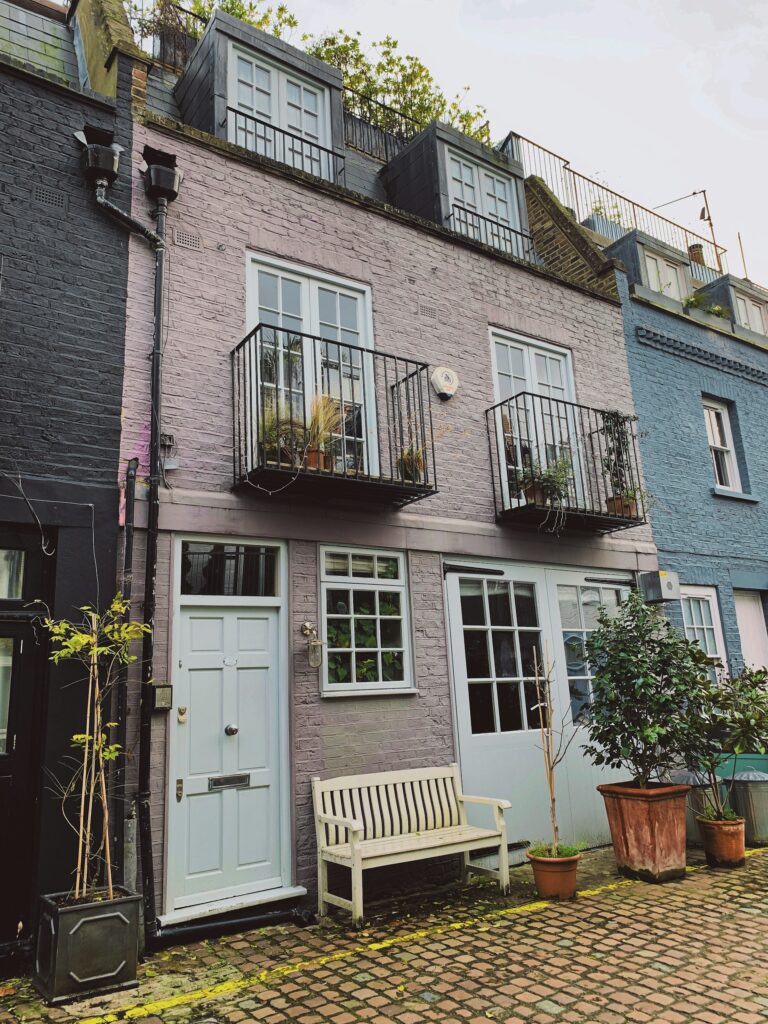
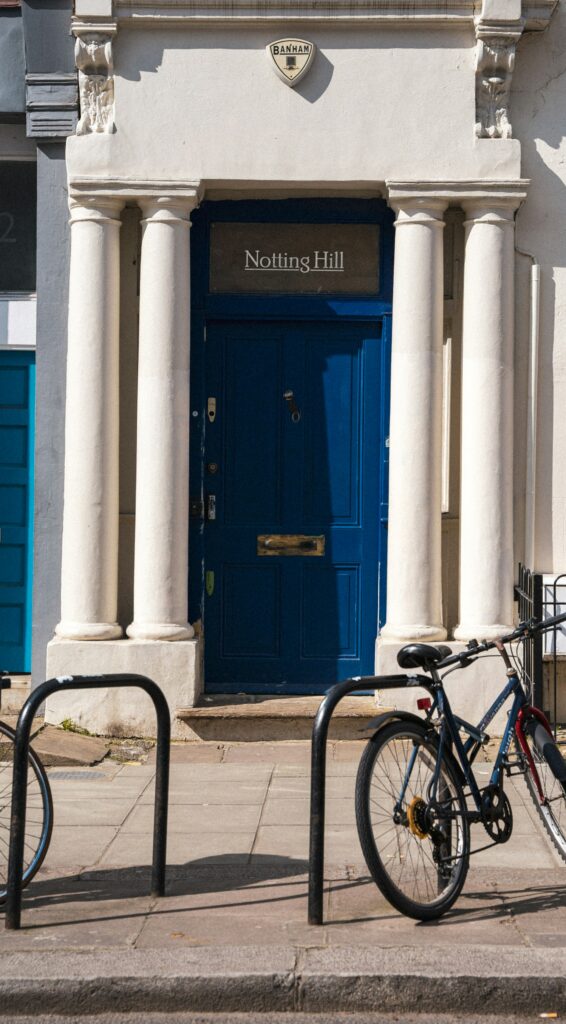
North London’s Cultural Corner
Islington and Hampstead attract theatre lovers and literary types. Your property here should stock local authors – a Zadie Smith novel for Willesden visitors, George Orwell for Islington guests. Create a cultural calendar that goes beyond the obvious – not just Angel’s Chapel Market, but the hidden Georgian squares perfect for summer reading.
The area’s restaurant scene is legendary, but skip the obvious chains. Instead, guide your guests to local institutions like Ottolenghi’s original Upper Street site or the historic pubs of Hampstead Heath. Provide detailed walking maps – the back routes from Highgate to Hampstead through ancient woodlands, or the hidden path to Camden that most locals don’t even know.
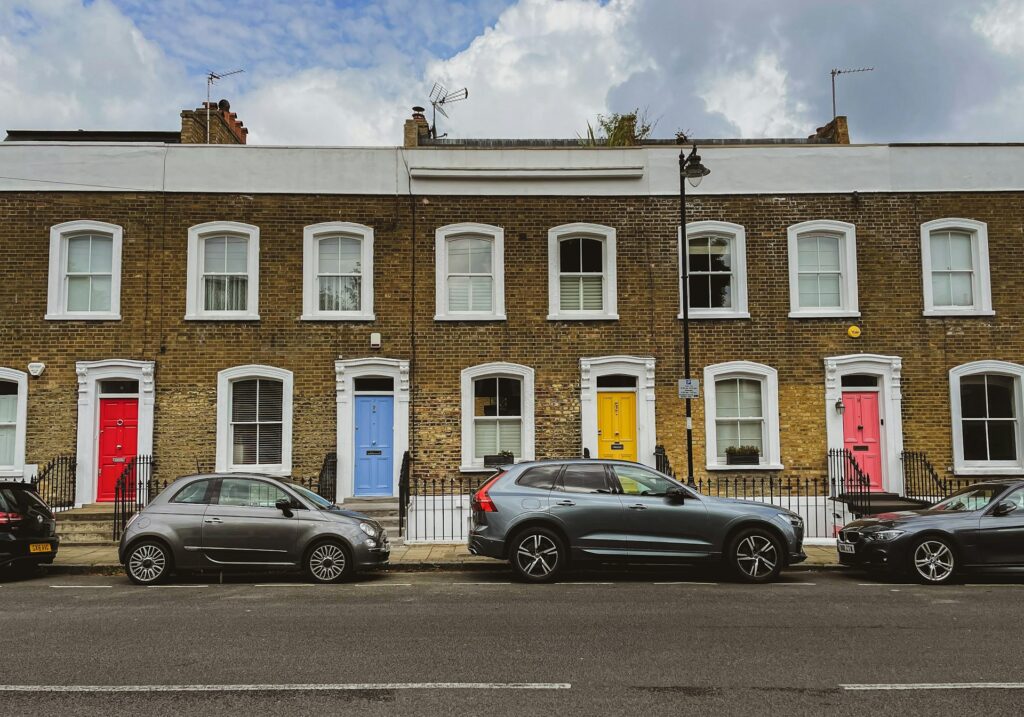
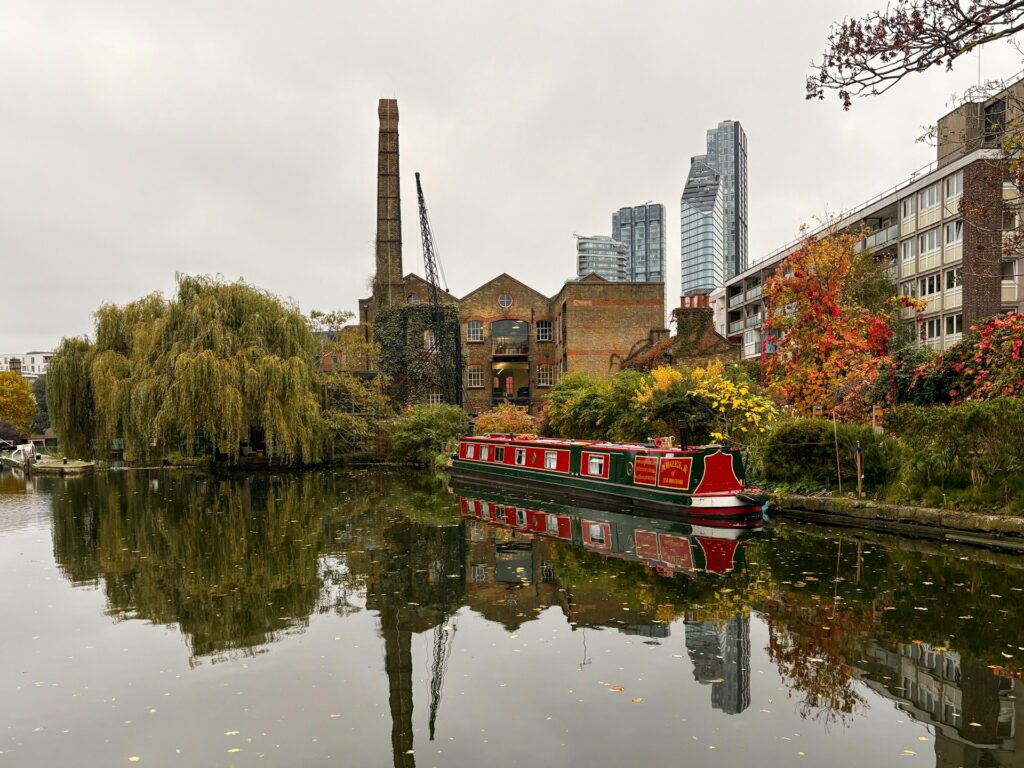
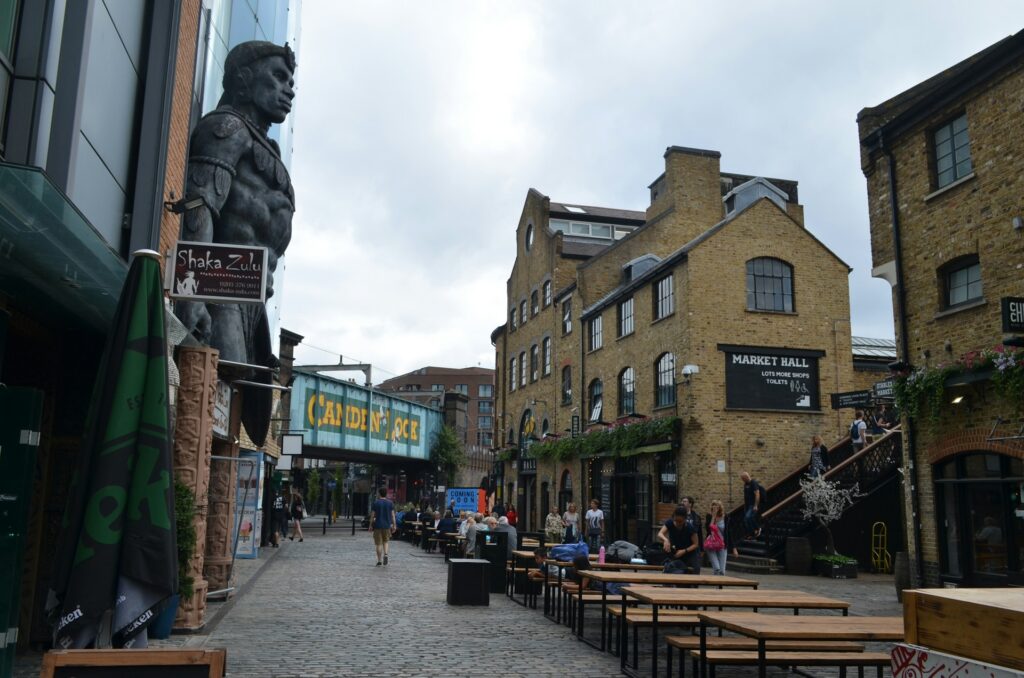
Central London’s Square Mile
For City of London properties, your target market is clear: financial sector professionals who demand efficiency above all. Here, your property manual should read more like a productivity guide. Map out the quickest routes to major institutions, the best spots for client meetings, and the quiet corners for important calls.
But don’t forget the area’s rich history – a Sunday morning guide to exploring empty alleyways and Roman ruins can transform a business trip into an adventure. Partner with local dry cleaners for emergency services, know your late-night food delivery options, and ensure your bathroom is stocked with premium grooming products.
The London-Specific Essentials
London’s weather and lifestyle demand certain amenities. A proper drying rack or washer-dryer combo is crucial – guests can’t rely on outdoor drying in our climate. A good umbrella stand by the door isn’t just practical, it’s thoughtful. Tea and coffee making facilities are non-negotiable in a British home – invest in a proper kettle and provide Yorkshire Tea or PG Tips alongside fancier options.
For summer listings, portable fans are essential – many London properties lack air conditioning. For winter, clear central heating instructions are crucial, especially for international guests unfamiliar with British boiler systems.
The Science Of London Photography
Capturing your London property requires understanding the city’s unique light. East-facing rooms shine in morning light, perfect for breakfast nook photos, while west-facing spaces need afternoon shoots. Capture both natural and artificial lighting – London’s winter means many guests will only see your space after dark for months at a time. Document how your space changes with the seasons, from summer’s long golden hours to winter’s cosy evening ambiance.
Read: How to prepare your house for Airbnb guests to ensure that 5-star review
Mastering London’s Market Rhythms
Each London neighborhood has its high seasons that extend beyond traditional tourist peaks. Wimbledon affects all of SW London’s pricing, while the London Marathon transforms East London’s market. Christmas lights season starts in early November around Oxford Street, while summer brings neighborhood festivals that locals plan for all year.
Consider offering longer stays during quieter periods, particularly targeting the growing number of business travelers who blend work and leisure. January through March might see lower tourist numbers, but business continues – make your space attractive to corporate travelers who’ll appreciate a home-like environment for extended stays.
A Personal Touch In A Global City
While professional management companies offer convenience, consider handling guest communication personally, at least initially. Understanding your guests’ needs firsthand helps you anticipate future requirements and continuously refine your offering. London visitors often return annually – building genuine relationships can transform one-time guests into loyal returners who treat your property like their London home.
Going The The Extra Mile
Install a smart lock system – London’s work culture means unpredictable arrival times, and international flights often mean early morning arrivals. A smart lock with a code is far more convenient than key handovers.
Provide an international adapter and a portable battery pack for sightseeing. Consider including a pay-as-you-go Oyster card with a small preload – it’s a small cost for you but a huge convenience for guests.
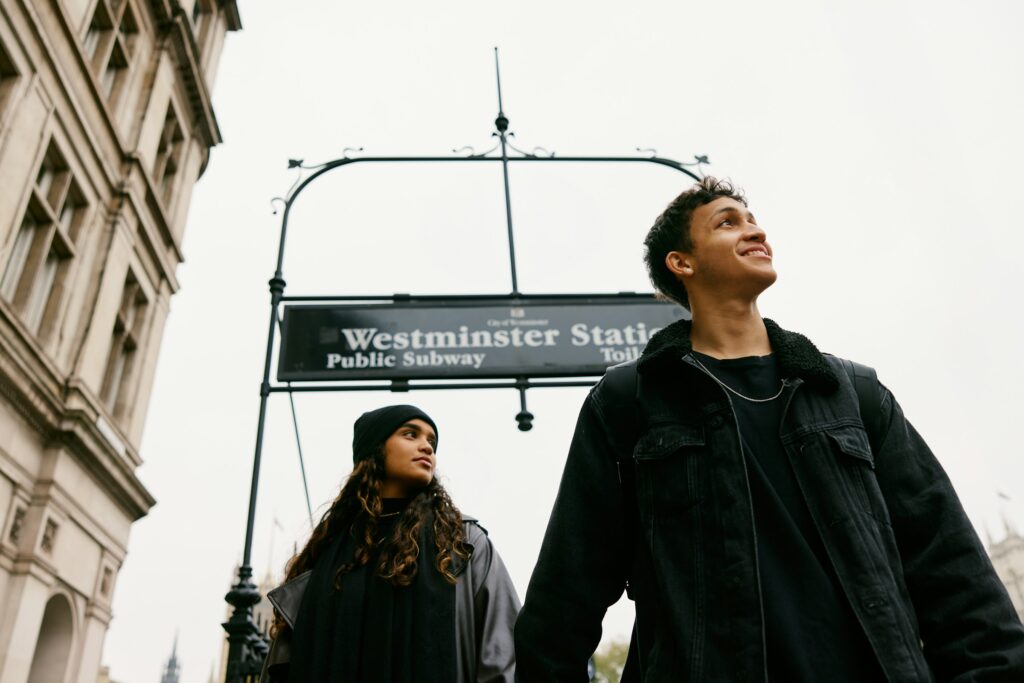



Navigating Regulations
Remember that London has a 90-day annual limit on short-term lets unless you have specific planning permission. Use this to your advantage by offering longer stays during off-peak periods. Ensure you have proper insurance and understand both your council’s specific requirements – they vary significantly between boroughs – and, crucially, how to get around the Airbnb 90-day rule, as there are indeed workarounds.
The Bottom Line
The most successful London Airbnb properties don’t just offer a place to stay – they provide an authentic slice of London life, crafted by hosts who truly understand their corner of the city. Focus on creating these deeper connections, and you’ll build something truly special in London’s competitive market.





